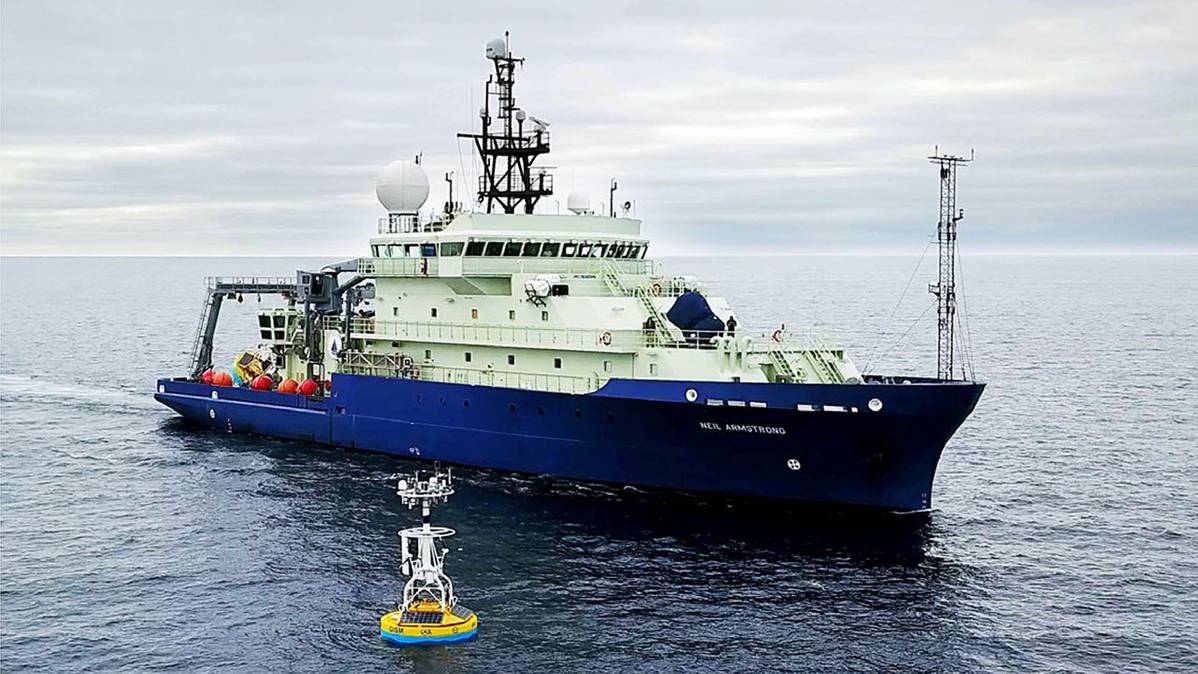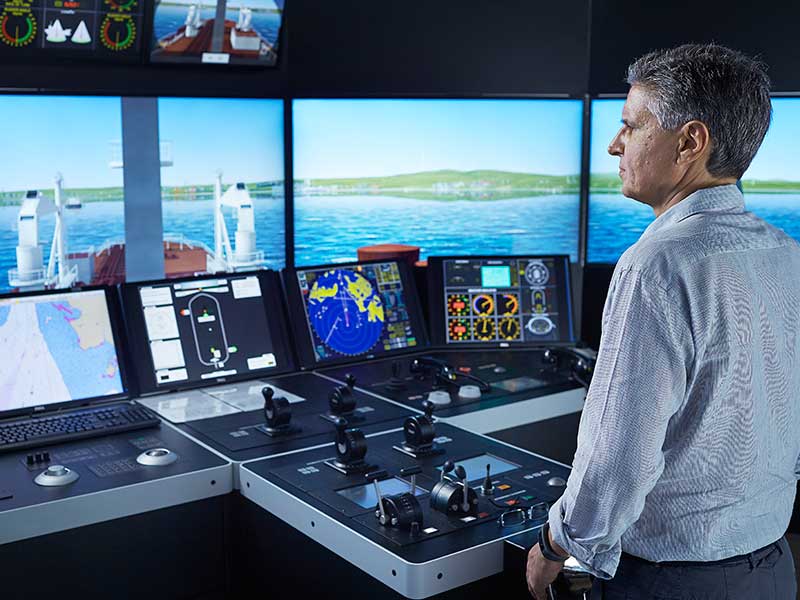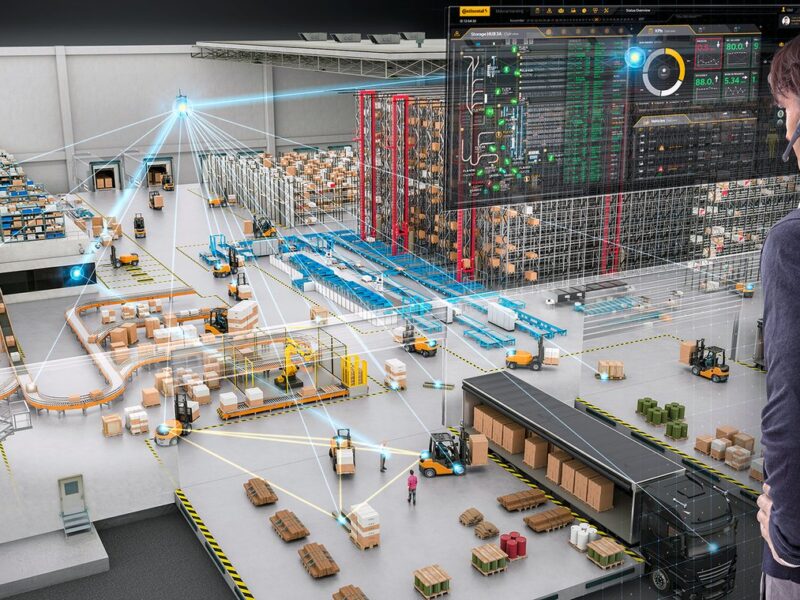The shipping sector is also responding to the development of intelligent technology as the globe advances towards a higher amount of autonomy. The current characteristics which firms and the whole marine sector aim to accomplish are driverless ship-based, Internet of Things, and data processing technologies. With the growing technological surges, the marine world is altering. This is necessary for the trend that arises. The progress made in architecture, propels engineering, smart shipping, innovative materials, large information and research, automation, sensing, and communications with expanding qualified employees all change enormously in how new challenges and possibilities are addressed in the sea sector.
Nowadays, the entire industry explores and implements new technologies worldwide in all areas of the business. The technical façade is everything developed in ports, ships, management systems, and related services. The initiatives of the business to digitize are also supported by start-ups which create technological solutions for them in particular. In the export and trade in imports, a better, more profitable, and more fruitful environment is being used to develop techniques such as robotics, AI, advanced analytics, blockchains, and drones.
Read More: Factors affecting transportation
The procedures and strategies of shipping businesses have already changed with technology. Firstly, maritime digitalization produces new business rules and concepts for commercial and societal benefit. Contemporary maritime digitization has been the foundation of a diverse variety of decision-making support networks for maritime optimization, seaport logistic support, and decision makers instruments.

The maritime sector, the reduction of fuel usage, carbon emissions, and freight costs are being revolutionized by green technology. By redefining ship’s structures, utilizing sky seas and carbon-free fuel to increase their performance, ships may cut their carbon emissions substantially. The shipping industry’s attempt to integrate green practices into operations is vital to fight the impact of fossil fuels on our climate system as a significant cause of global pollution.
Technological advances have offered a variety of approaches that can assure an improvement of Sea Freight’s entire operation. By introducing mega-ships, substituting robots, advanced materials and upgrades, alternative fuels, the maritime sector is going to change dramatically.
Marine propulsion and production of power will be an important field of technical progress. This is not just the range of technology, including future machines, alternative energies, eco-friendly propulsion equipment, renewable resources, hybrid power production, and pollution reduction technologies. The extent of upcoming environmental concerns for the corporate maritime industry additionally and maybe more crucially is a driving force and a major technological issue.

Cargo Optimization:
AR is a technique that may provide the transportation sector with tremendous benefits. They can improve freight scheduling, assist repair, audit, routing, link worldwide groups, and also help to create a market understanding that those who are not linked to them cannot readily access. For instance, an individual not in the industry seldom gets to cargo or the terminal. AR can enable the sector to offer outsiders a glimpse.
Smart Sensors:
The marine industry demands robust, high-reliability, massive sensors for usage in difficult and often dangerous conditions. For a wide range of marine uses, sensors and measures may be employed such as ship machines performance monitor, pneumatic cylinder’s location measurements, container pressure measurement, and crane loading and deck equipment load measures.
Real-Time Route Management:
Generally speaking, the ships adopt pre-set itineraries depending on the information. The concept is that ship operators may draw a precise path that will require the minimum time by evaluating ocean conditions, historical patterns, and other considerations. In terms of enhancing length and performance, real-time route management is an integral aspect. Given the extended lengths of time for ships to stay in the waters and the potential that ocean temperatures may alter significantly within few hours, ship managers need to be given real information.

Real-Time Tracking:
We will witness revolution everywhere with the combination of 5G, Wi-Fi, and new satellites, together with existing marine communications networks. Users can view real-time, high definition, or three-dimensional onboard sound and footage captured. The RFID tags will enable the administration of assets throughout the lifetime, providing freight tracking, as well as structural and mechanical equipment.
There are several pros and downsides to the increased utilization of technology in shipping. Firstly, human effort is reduced and procedures are accelerated to improve performance and efficiency; secondly, safety hazards are increased. Cybercrime is of vital significance with using the Internet on every device on the ship. A procedure on board ships should be tested and frequent data inspections. A vast number of data may be collected and saved and analyzed on secure networks.
To sustain acceptable security protocols when incorporating technology in diverse applications, software and gadget designers are responsible. The rising use of technology in ships and ship designs must also be taken into account by ship makers and designers, as required.






